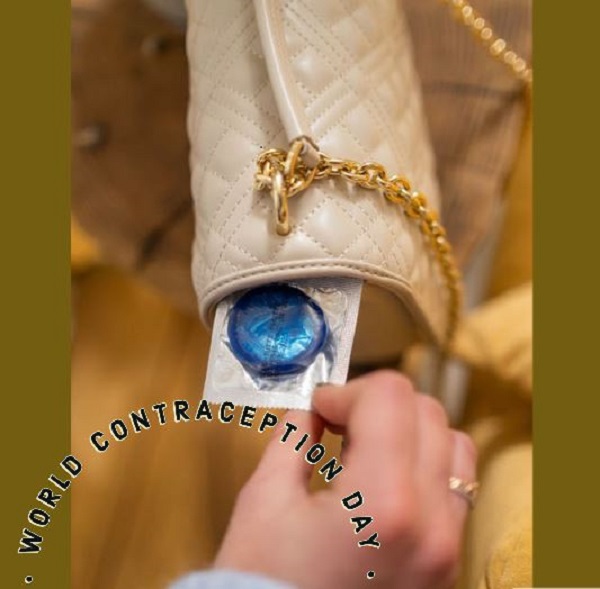We observe World Contraception Day (WCD) on 26th September every year. It was founded in the year 2007 and elevates the importance of birth control and family planning. A union of 15 international NGOs, governmental organizations, and scientific and medical societies supports the WCD with an interest in spreading the right knowledge about sexual and reproductive health.

As a responsible citizen of a country, our decisions related to having sex or starting a family needs to be informed and sensible. The choices we make can have far-reaching impacts on several aspects of our family, community and country. WCD is a part of a global campaign that envisages a world where every pregnancy is planned and wanted through better education related to safe and protected sex.
One important reason that a large part of pregnancy is still unplanned or unwanted is the lack of information and awareness about contraception. The objective of this campaign is to raise awareness about birth control methods available to a woman and her partner. This is to enable them to make an informed decision regarding their reproductive health.

The WCD global campaign aims to make people aware of the necessity and a range of benefits of using contraception. They are:
1. Contraception can help prevent pregnancy in young girls and women until their bodies are minds are prepared for the same. In older women, it reduces the need for abortion, by protecting pregnancy especially if they are bound to experience pregnancy-related complications.
2. By having access to various birth control methods, the couple can decide when they should begin having children, how far apart they want their children to be and when they should stop. The gap between two or more pregnancies is important for the financial preparation for their children’s educational and other needs.
3. To raise children well, both financially and emotionally, a couple has to plan the number of children they want to have. Using contraception during sexual intercourse can help the couple in this planning and also prevent unwanted pregnancies. This in turn can control population growth and thereby helps to streamline the environment, economy, and health and education services.
4. Sexually transmitted infections can be avoided.
Tired, Stressed Or Sad? Drink These Teas To Suit Your Different Moods.
Discussing sex or reproductive health is still unthinkable in several countries although sexual intercourse is an essential part of our existence. We can still, as responsible citizens, contribute to the WCD campaign in different ways as listed here.
1. Share good practices with your family and friends about the safe methods of contraception and help them prevent untimely and unwanted pregnancies.
2. Gather information and educate teenage kids, nephews, or nieces through a very gentle mode of communication.
3. Take the advice of a doctor for choosing an appropriate birth control method after evaluating the side effects and safety of each, if you are in your reproductive phase and you are actively consummate.
4. Reach out to school kids about sexual health and adolescent kids about various methods of contraception and educate them through school visits and webinars.
